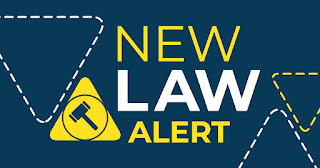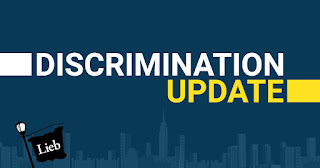Lieb at Law, P.C. is proud to announce that Steven Siliato, Esq. has been elevated to partner at the firm. Mr. Siliato manages the firm’s real estate transactional practice and focuses on corporate transactions, residential, and commercial real estate law.
Since joining the firm 3 years ago, Mr. Siliato has tripled the firm’s real estate closing department. Mr. Siliato's experience and success in real estate earned him the distinction of being named a Super Lawyers® Rising Star in 2019, 2020, and 2021. This prestigious award is given to no more than 2.5% of all eligible attorneys.
Some highlights from Mr. Siliato’s career include the sale of a portfolio of mobile home parks for $240MM; an asset sale of a privately held pretzel manufacturing company for $115MM; an asset sale of a privately held heating, air-conditioning and ventilation equipment distributor for $42mm, the sale of 12 privately held convenience stores in a stock and real estate portfolio sale for $12MM; an asset and real estate acquisition of a funeral home for $8MM; and a $10MM acquisition of a new corporate headquarters by a privately held tile wholesaler which included institutional lending and tax incentives from the New York State Job Development Authority and the Town of Babylon Industrial Development Agency.
Mr. Siliato also has significant experience representing not-for-profit entities in acquisitions, sales, and capital improvement financing.
For fun, Mr. Siliato plays hockey, volunteers with the Long Island Bulldog Rescue, reads nonfiction sports books, and spends time with his wife and kids.
















